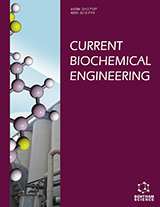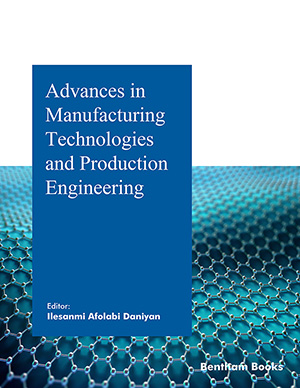Abstract
Reduce, Reuse, Recover, Recycle and Remanufacture are the 5R’s which are of utmost priority in the current era. The country could profitably utilize 65% of the waste in producing energy and to compost, another 10 – 15% to promote recycling industry and bring down the quantity of waste going to dumps and landfills to 20%. India is the second fastest growing economy and the second most populated country in the world. As the population is increasing day by day, the solid waste generation is also increasing. “More is the population, most is the municipal solid waste generated (MSW).” Most of the MSW generated consists of domestic waste like kitchen waste (fruit and vegetable waste, junk food, bakery items etc.), recyclables and inert. Efforts need to be taken to ensure proper reuse or recycling of the organic fraction of MSW (OFMSW). The aim of this study is to focus on the opportunities associated with food waste-to-energy and to estimate the production of biogas from waste in popularising the decentralized biomethanation systems at commercial scale. This includes a techno-commercial understanding of the technology and its relevance to the Indian scenario.
Keywords: Food waste, anaerobic digestion, biogas, bio-manure, decentralized.
Graphical Abstract
 14
14 1
1 1
1













